Peanut yield under irrigation levels in off-season cultivation
DOI:
https://doi.org/10.48162/rev.39.006Palabras clave:
Arachis hypogaea L, riego deficitario, estrés hídricoResumen
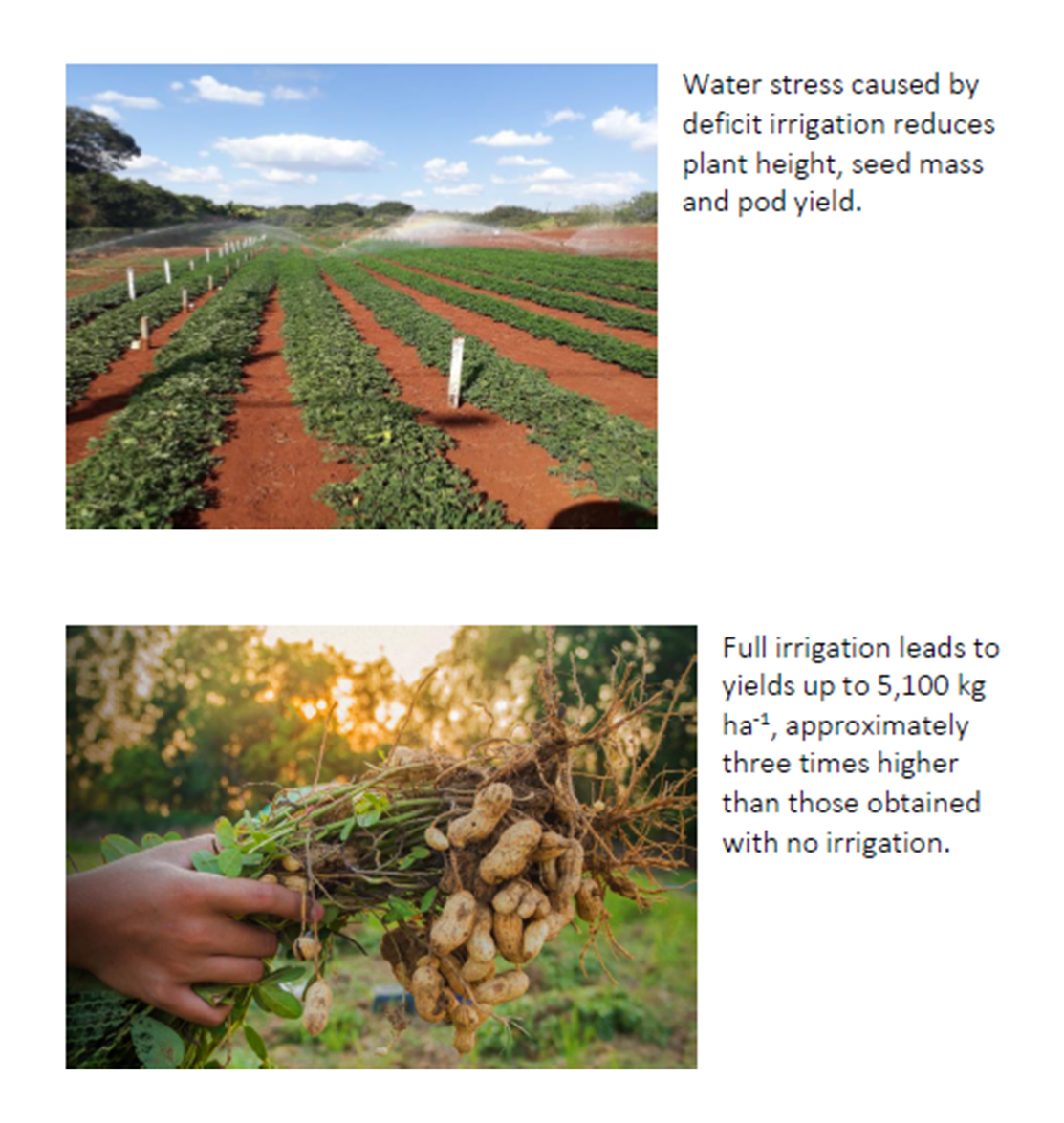
Water deficit is considered the most critical environmental factor for peanut production in Brazil, as it constitutes one of the major constraints to the expansion of its cultivation in the suitable crop zones of the country. Determining crop water demand is fundamental to increasing yield with lower water consumption. The present study aimed to evaluate the effects of full and deficit irrigation levels (L1 = 8%, L2 = 27%, L3 = 63%, L4 = 94% and L5 = 100% replenishment of crop evapotranspiration) on the development, growth and yield of peanut crop sown in two times, February and March. Treatments were distributed in a split-plot randomized complete block design, with four replicates, using a line-source sprinkler system. Irrigation depths from 65 to 314 mm were applied with the levels L1 to L5 during the first and second cropping cycles. Full irrigation with sowing in March was more advantageous due to yield increase of up to 30% compared to sowing in February, but crop cycle was 25 days longer. Water stress caused by deficit irrigation reduced plant height, seed mass and pod yield, while full irrigation (L5) led to yields from 4,141 to 5,102 kg ha-1 for February and March, approximately three times higher than those obtained with the lowest irrigation level (L1).
Highlights
- Peanut has great importance in the food and industry of several countries.
- The results of this research apply to regions that require irrigation, which is of about 70% of the areas of the globe with this legume.
- This paper contributes with information that emphasizes the possibility of cultivation in the drought season, aiming at the expansion of the crop and the production of quality seeds using irrigation.
Descargas
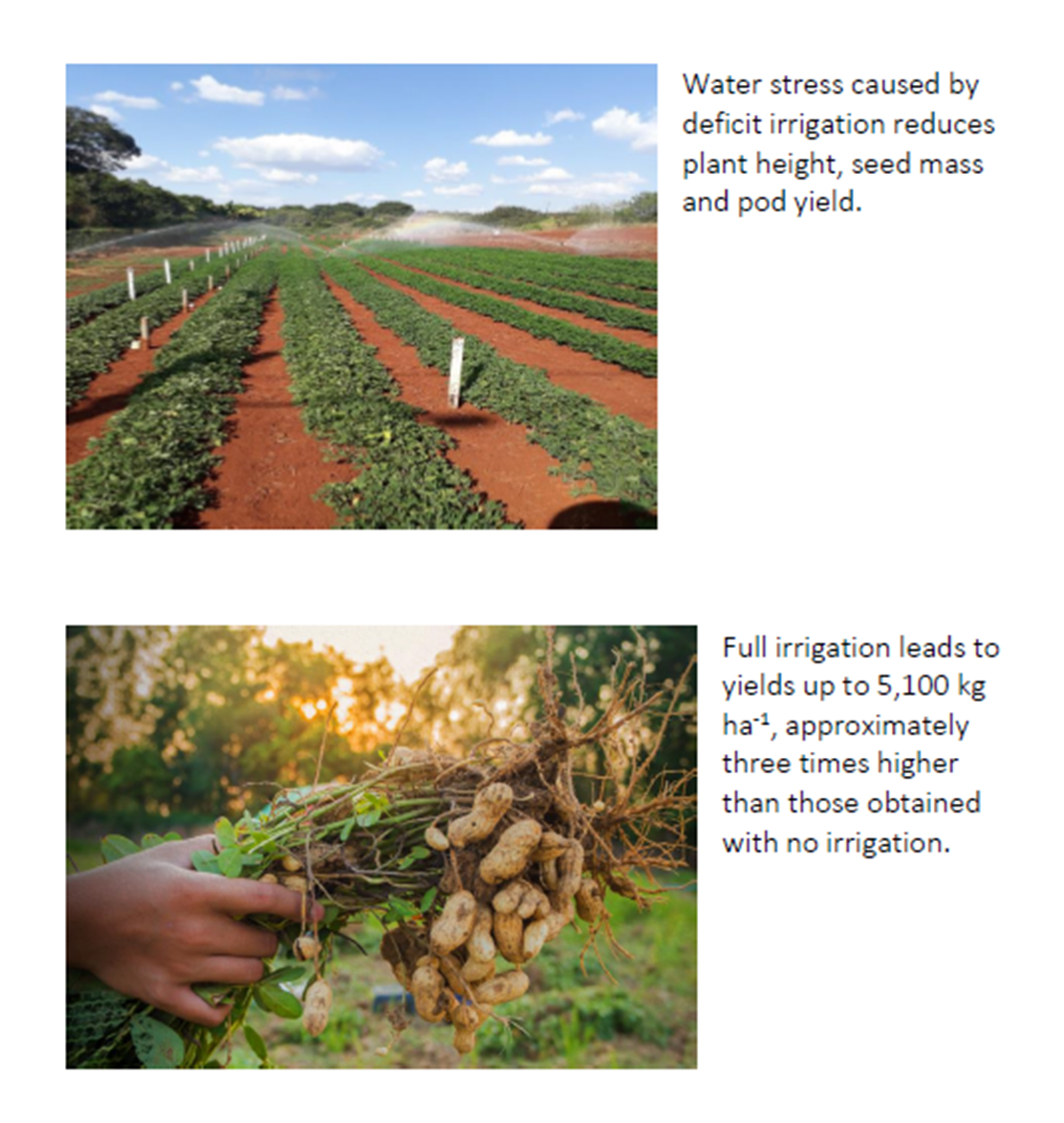
Descargas
Publicado
Cómo citar
Número
Sección
Licencia
Derechos de autor 2021 Revista de la Facultad de Ciencias Agrarias UNCuyo

Esta obra está bajo una licencia internacional Creative Commons Reconocimiento-NoComercial-CompartirIgual 3.0.
Aquellos autores/as que tengan publicaciones con esta revista, aceptan las Políticas Editoriales.

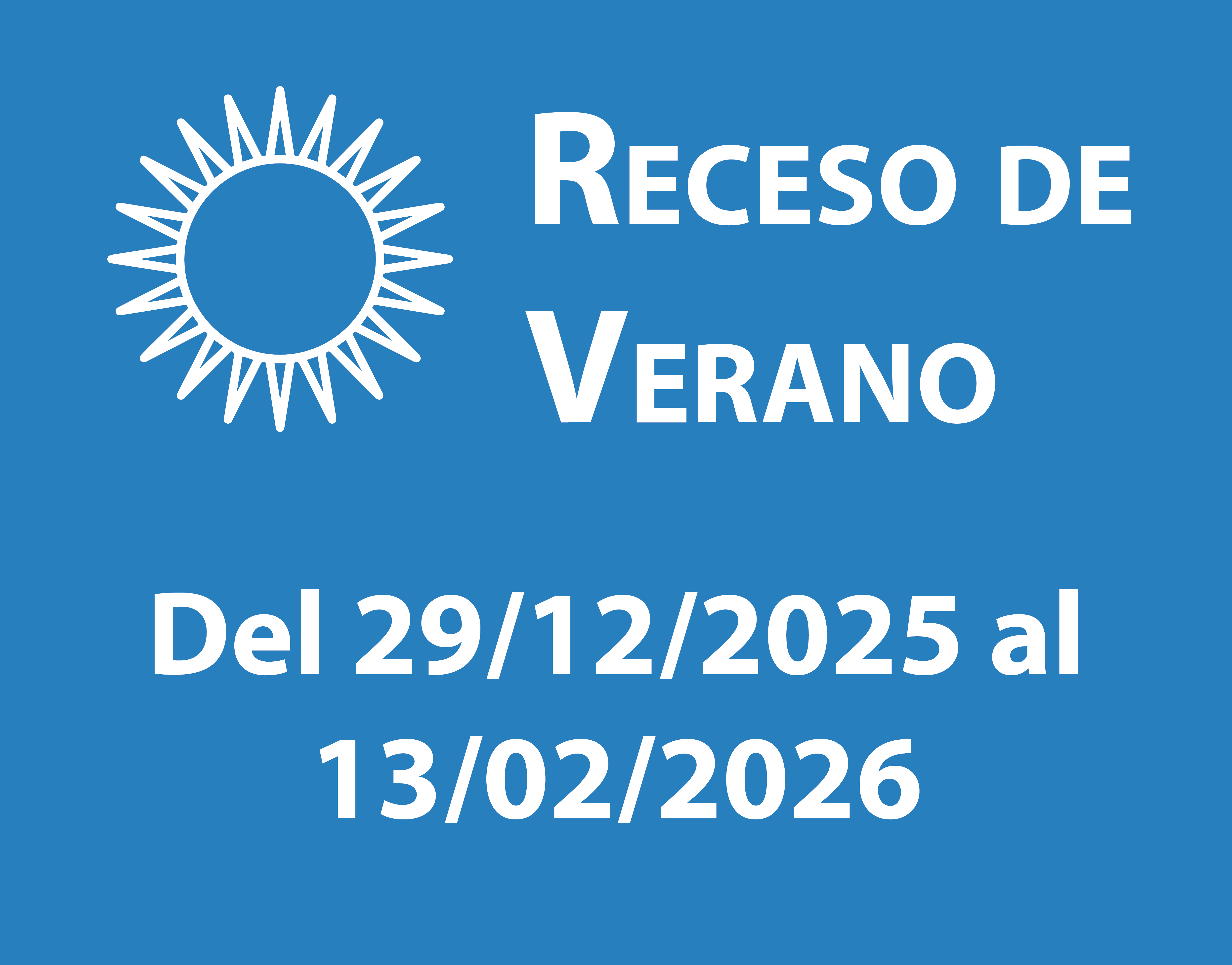

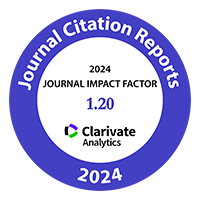




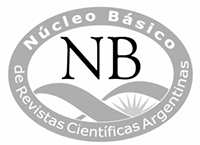


.jpg)




